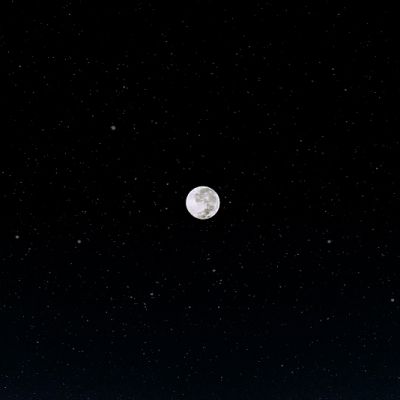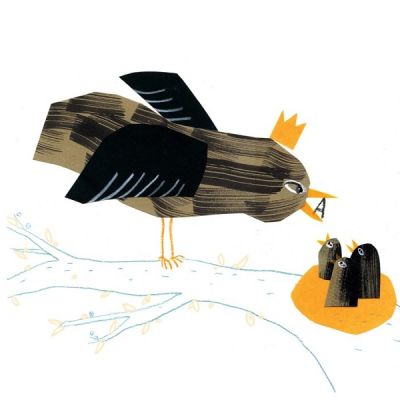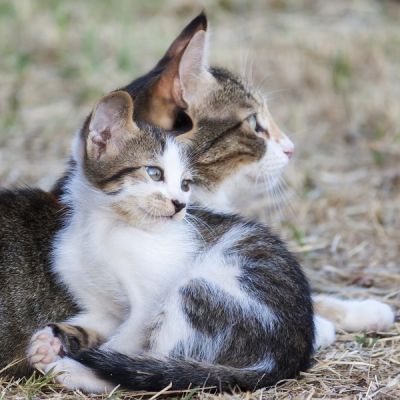Rituparna Borah
Delhi-based queer feminist activists Rituparna Borah and Jaya Sharma recorded a conversation they had about their views around marriage. While both women maintain their stances of critique towards the institution of marriage, what they agree upon and investigate as their chat progresses is that marriage has a pull that even its staunchest opponents will have to acknowledge and attempt to understand.
What is the self, and what does it mean to give care? Philosophers, activists, artists, scientists, people of all inclinations and positions have pondered on, played with, and struggled to come to meaningful definitions about the issues these questions address. Without care, can there be a self at all?
The arts hold great sway on how sexuality is viewed, represented, and understood. Does art imitate life, or life, art? Or can it be tossed away as an inscrutable mix of the two influencing each other?
How much do our parents teach us about ourselves? If science and psychology have proved that sexuality and sexual development grow and bloom in the course of our lives along with our other faculties, what role do our parents have in what we learn about sexuality? And, as parents, surely there’s so much we learn about sexuality, ourselves, and everything else from essaying the role? To parent is to learn how to teach what we already know, and to be able to receive more than a few surprise lessons ourselves.
There is something incommensurable about the phrase ‘queering mothering’ – the two words put together, ‘queer’ and ‘mother’. We think of motherhood as a relationship between a ‘woman’ (the biological mother) and her child. Nevertheless, there are a number of people who form bonds with a growing child.





